Lorenzo Lecci Lopez continues its analysis of the development of padel. After looking at several growth assumptions, Lorenzo will end on his hypothesis n ° 3: develop the padel outside the federation via private structures.
Is this a possibility? The padel will he get out of it grown up or vice versa?
“Without private structures the padel would surely be nothing ”
Fiona Ligi, 4th French player in the ranking of World Padel Tour brought us in part his analysis on this element:
Private structures are the real engine of padel.
Above all, we must not go overboard. Affiliated and empowered clubs do a lot of things for the padel French. But it is clear that if we are there today, “it is exclusively thanks to private investments for several years".
For 1 or 2 years, we have seen the public sector take an interest in it. And this sector is important to allow our sport to develop and become more democratic. But let's not forget how we got there.
Very mature words made by the French player who shows that despite her young age, she does not hesitate to have a very coherent argument.
However, all the structures, together, have a role to allow our sport to explode and to be especially known by all.
General dissatisfaction with private clubs padel
« The private clubis never helped financiallyreally. The private clubé must pay everything and even sometimes "overpay ””.
Here are the words of a private actor who wished to remain anonymous. But these remarks are relayed by very many clubs and actors of the padel French. And the Association of Clubs padel Privés stems from this annoyance that we feel when we ask the clubs the question.
Indeed, a form of injustice is felt by the clubs, which feel used when the FFT needs to organize a sporting event in their facilities, but neglected when financial support is requested.
When the FFT has to organize the French championships, the federation simply rents the infrastructure for the duration of the event, and “The amounts awarded to clubs are surprisingly very low".
Clubs that do not host competitions organized by the FFT do not receive any aid. Clubs hosting stages of the FFT Padel Tour also criticize the conditions imposed to be a partner, judging them too harsh. The general feeling is that “The development policy of padel exercised by the FFT is made against private clubs".
The words are put. And the theme is clearly on the table at many clubs.
The FFT subsidizes structures that have one or two courts of padel in a tennis club, and does not subsidize private clubs: sometimes, these clubs are geographically close, thus damaging private structures. The latter must then face unfair competition.
Private structures already operate without a federation
All the difficulties denounced by private clubs make them structures that already operate independently, outside a federal framework.
Private clubs expect more from the FFT. In reality, it is difficult to imagine the FFT subsidizing private clubs if the objectives remain unchanged.
Currently, the FFT has no economic interest in making this investment: it could even harm its sport. If private clubs are helped, then more and more structures of this type will appear, thus canceling out the gain in attractiveness for FFT affiliated tennis clubs.
Thus a competition of supply padel could appear. This competition would be excellent for the development of padel in France, but would put tennis clubs a little more in difficulty (at least in the short term). The objective being to restore the lost attractiveness of its FFT affiliated clubs, the FFT policy does not include private clubs.
As long as this goal remains unchanged, the FFT will never help private clubs.
Private clubs can therefore accept this evidence and develop outside of a federal framework. This implies a significant financial shortfall, but also a lack of support compared to other sports. Without a federation, private clubs advance like any other private entertainment activity (paintball, escape game, etc.). The work in terms of marketing, communication and service must be all the more careful in order to attract customers and be able to generate profits.
Private clubs of padel advance alone, it is a reality.
Real enthusiasts who take risks
In the longer term, the FFT should support private clubs which are real enthusiasts of padel and are much more active clubs in terms of organizing tournaments or entertainment in general than tennis clubs.
Melissa Martin, 3rd French player in the WPT ranking, also defends the involvement of private clubs. Investing in a private club for a sport that is barely known in the area is not a safe investment. For a pure investor, this even corresponds to a very large risk-taking. This investment is motivated by the passion aspect of a man, rather than a desire to be profitable.
The FFT is aware of the efforts of private actors, but the interests remain the same for the moment, and the private ones do not fit into the plans..
By financing structures with one or two courts of padel, the FFT creates clubs without any real reception structure. Philippe Brossard, the author of "Halte au tennis Sad", spoke of the " desertification of clubs (...) in crbeing micro-clubs made up of one or two pitches »Which marked the beginning of the decline of tennis: by this policy, the FFT could be committing the same error with the padel.
The Five and 4Padel, a bet on padel
The famous 5-a-side football brand is looking to diversify its activity by offering a new sport.
In three years, Le Five has succeeded in becoming the leader in France of padel, via mark 4Padel, an entity in its own right.
4padel has its own identity, its own marketing strategy, and its own website. The communication is innovative and very well cared for, thus impacting effectively. With fifty courts in sixteen centers across France (including one in Réunion) and even a center in Barcelona, the Le Five group is ambitiously betting on padel.
A center 100% dedicated to the practice of padel will appear in the coming months in Nantes with nine courts. During interviews with three center managers 4Padel (that of Bordeaux, that of Rouen and that of Créteil), prudence in the remarks reigns: the private clubs try to take care of their relation with the FFT.
However, the article by Padel Magazine entitled « Will the FFT have "its share of responsibility if certain clubs padel ferment » ? », The managers of the private clubs harshly criticize the policies of the FFT, because they speak anonymously. All private clubs are aware of the power of the FFT, and even if these clubs are unhappy with the attitude of the FFT towards them, they must be aware that their relationship with the FFT must not deteriorate.
4padel seems to succeed in its bet, and becomes a reference for all private structures. It is now clear that with good communication and good investment management, private clubs can be profitable, and have the capacity to keep the padel without needing the help of a federation.
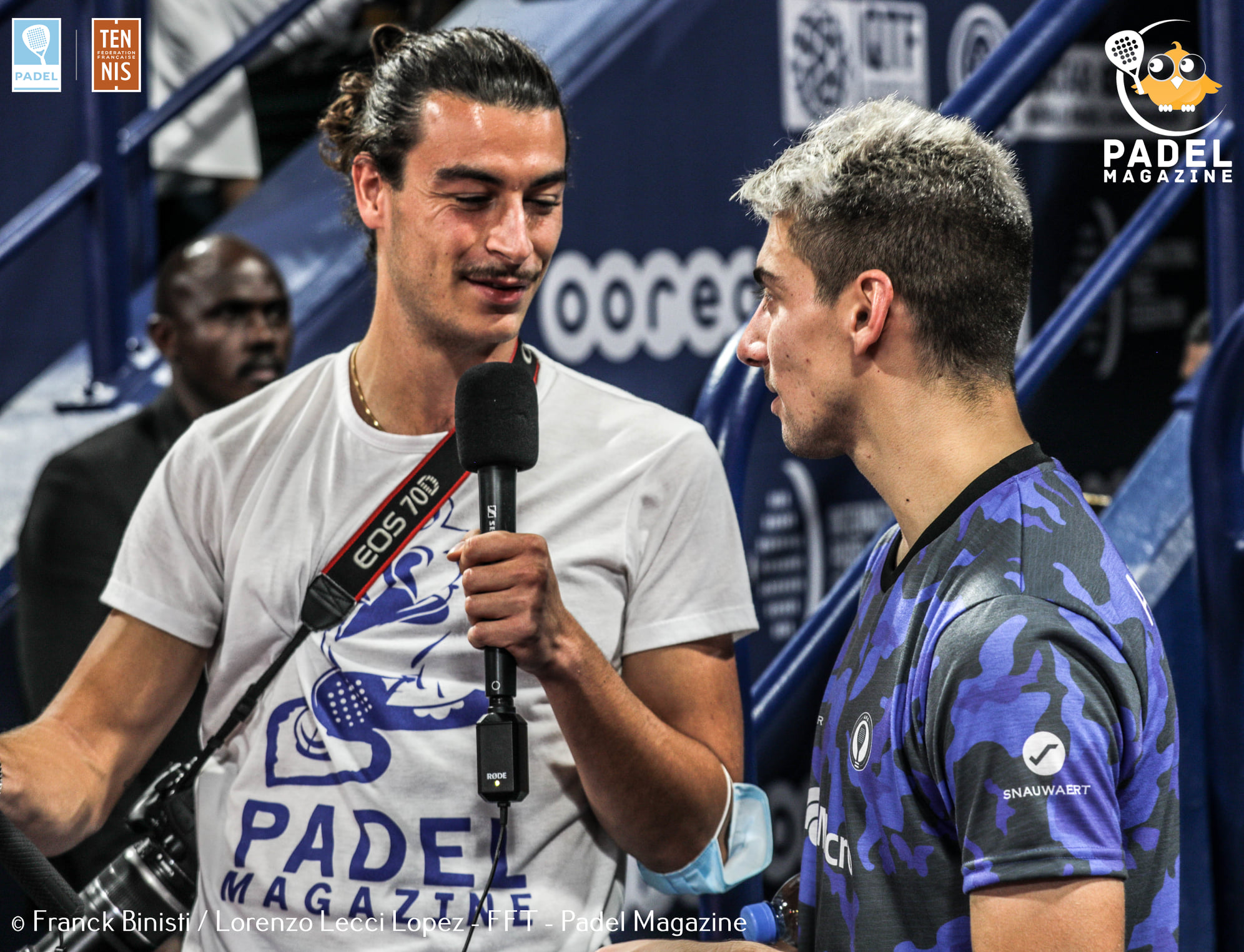
From his names, we can guess his Spanish and Italian origins. Lorenzo is a multilingual passionate about sports: journalism by vocation and events by worship are his two legs. He is the international gentleman of Padel Magazine. You will often see it on the various international competitions, but also on the major French events. @eyeofpadel on Instagram to see his best photos of padel !

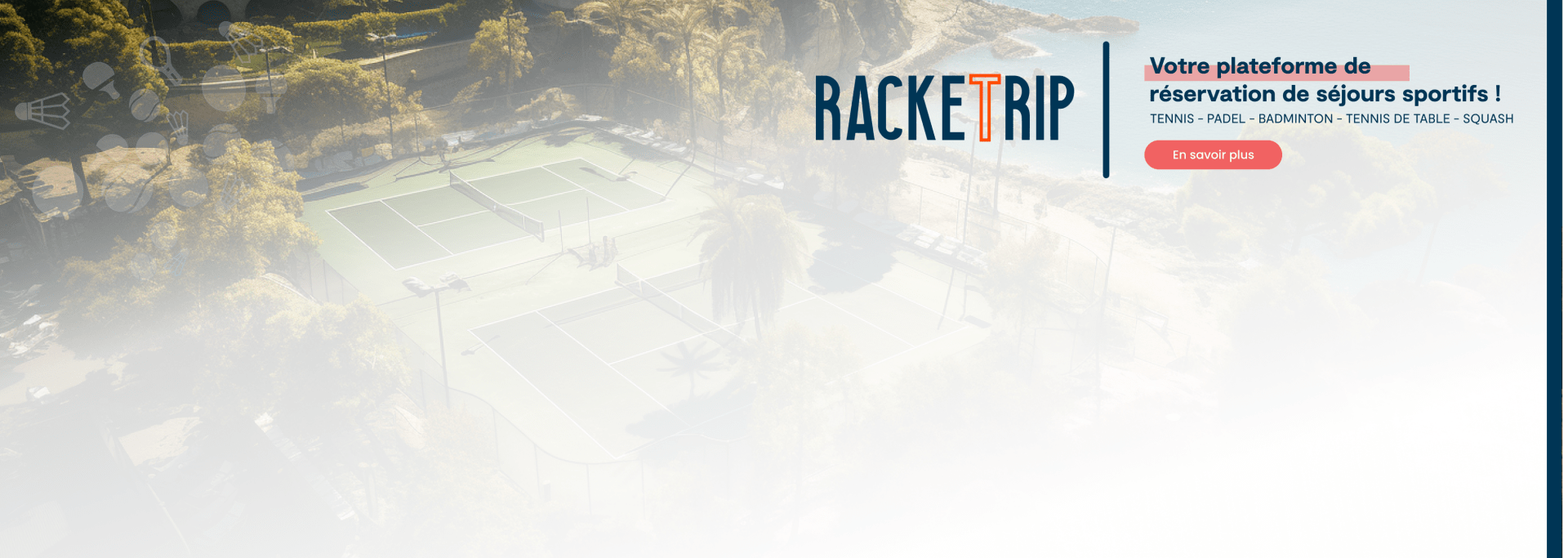


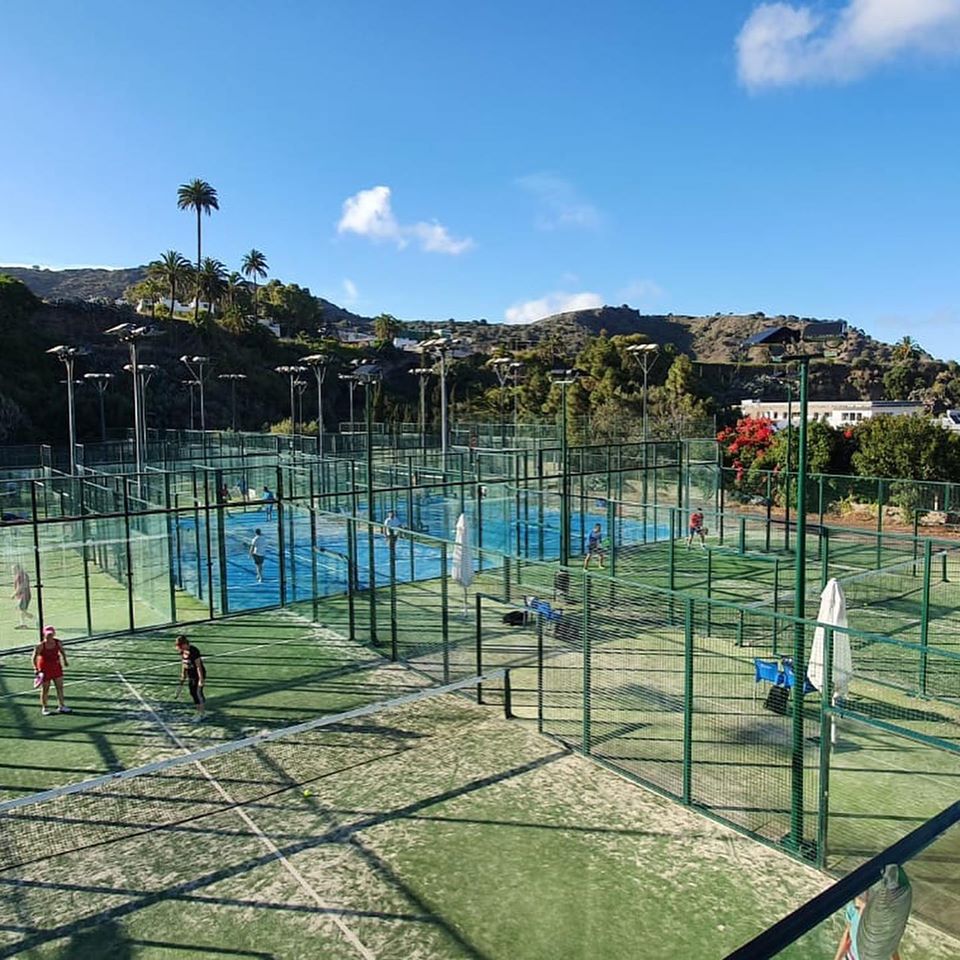
















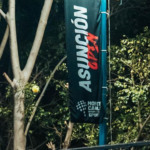

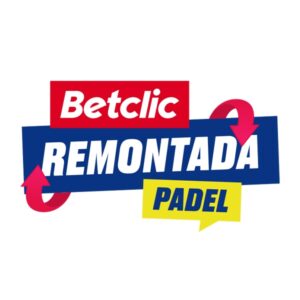






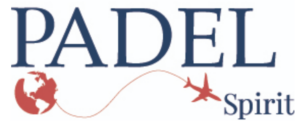
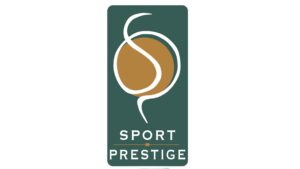

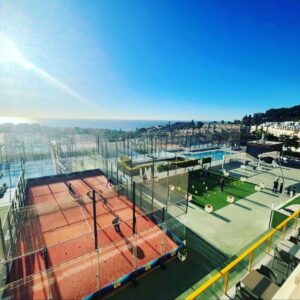
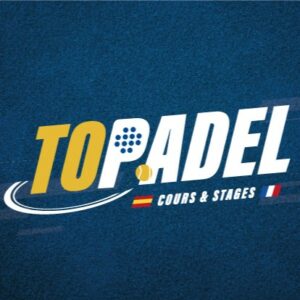



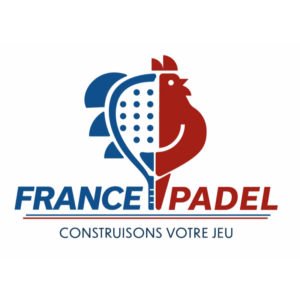




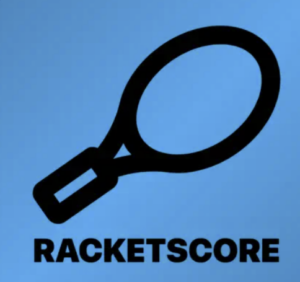
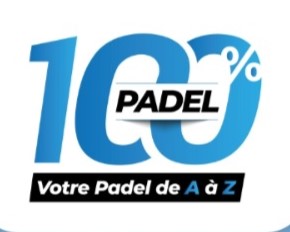


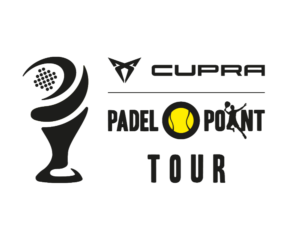

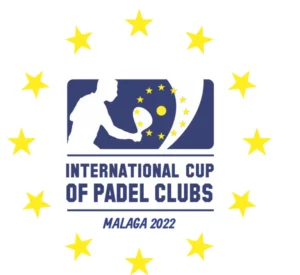




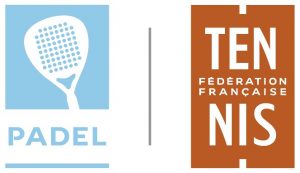
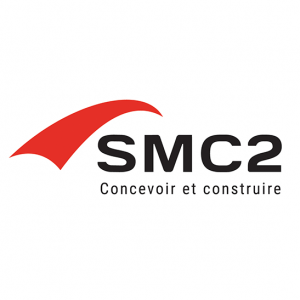









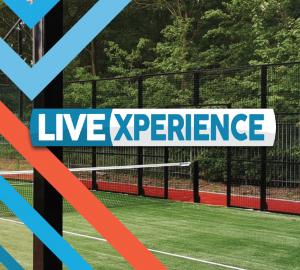


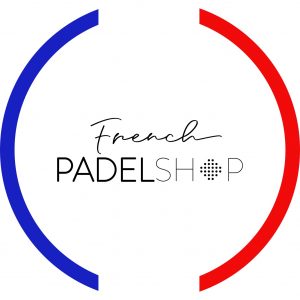
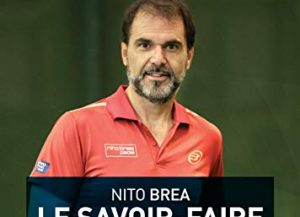
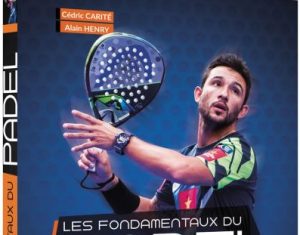


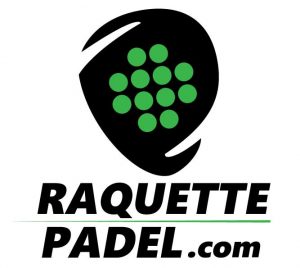
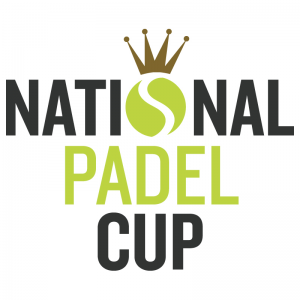
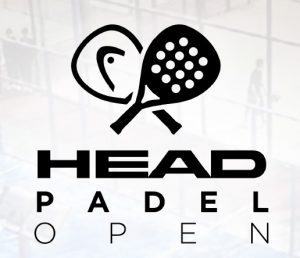





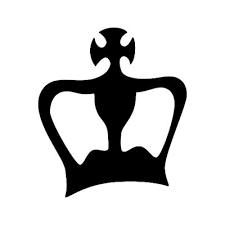


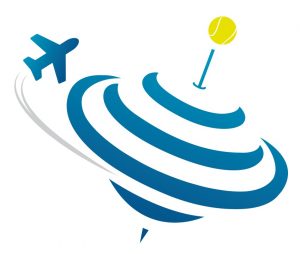
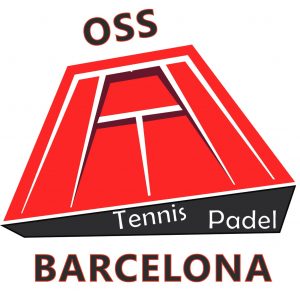
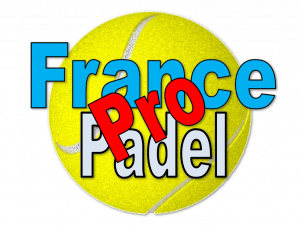

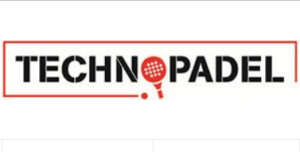
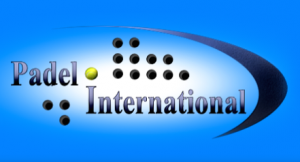

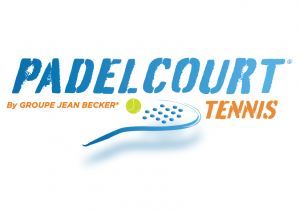

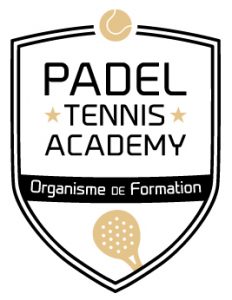
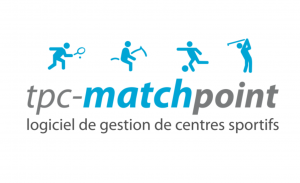

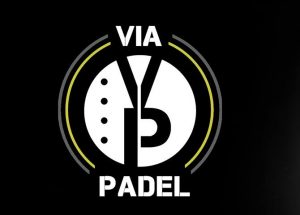




 Two P1000 doubled prize money approaching!
Two P1000 doubled prize money approaching!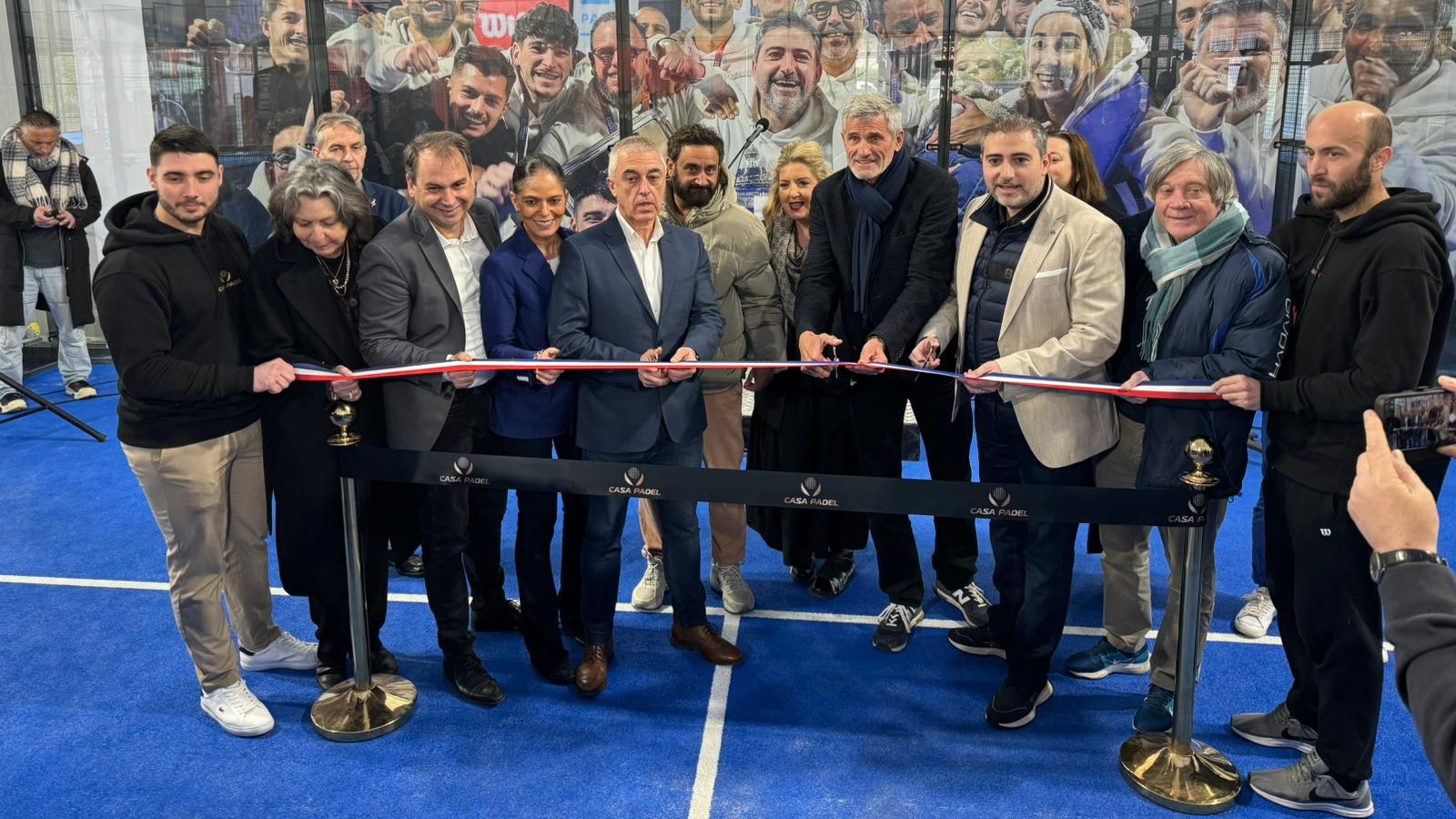 José Manuel Escin at the inauguration of Casa Padel DOS: “Finally, and thank you!”
José Manuel Escin at the inauguration of Casa Padel DOS: “Finally, and thank you!”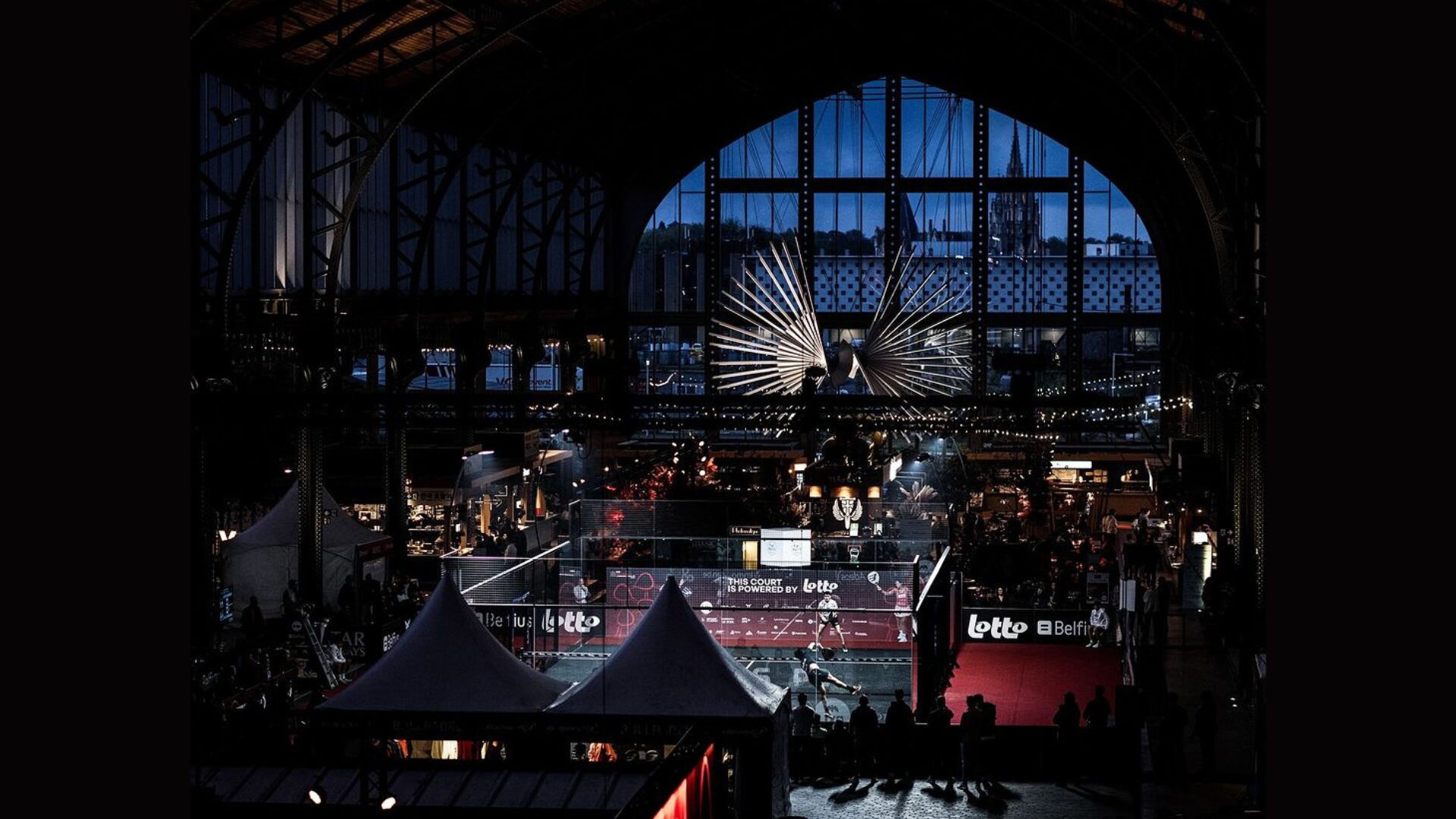 Premier Padel Brussels P2 – The eighths live
Premier Padel Brussels P2 – The eighths live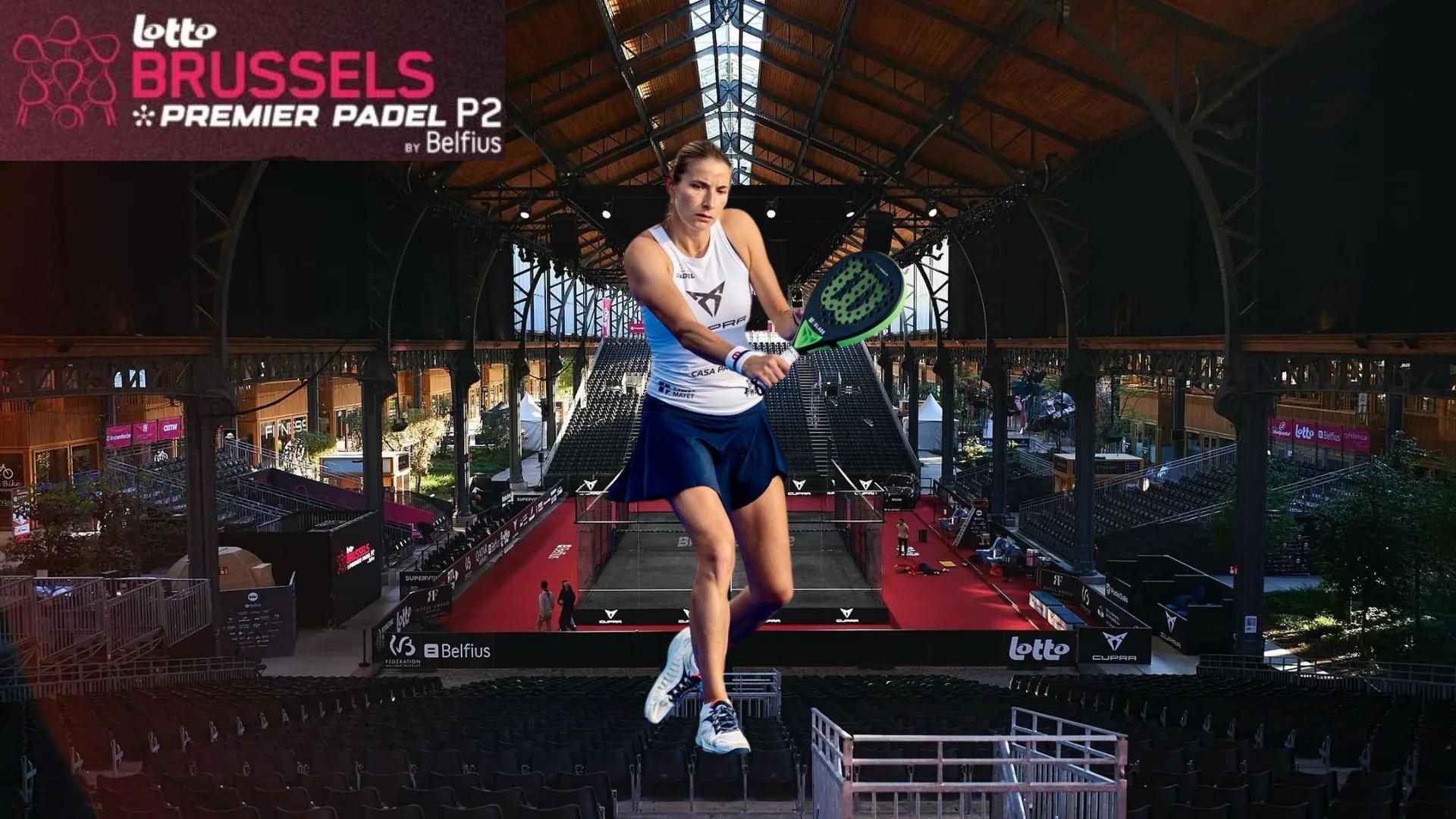 Premier Padel Brussels P2 – Collombon and Bidahorria qualified for the second round
Premier Padel Brussels P2 – Collombon and Bidahorria qualified for the second round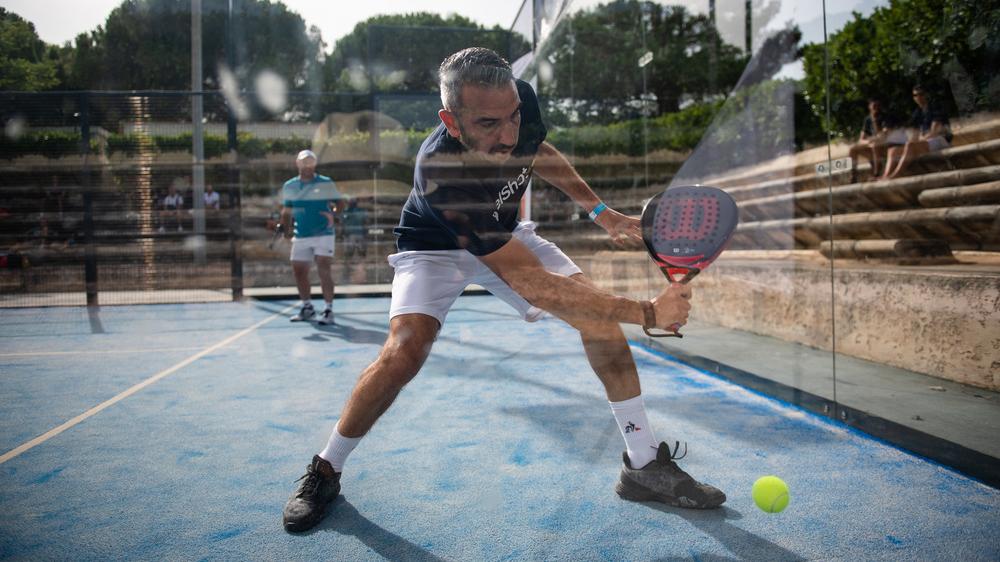 Simon Boissé: “We know that there are two nations in front of us”
Simon Boissé: “We know that there are two nations in front of us”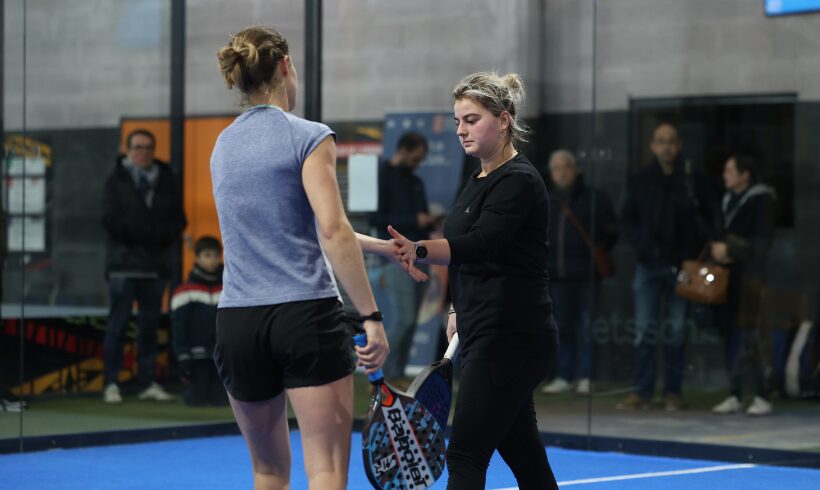 Marie Maligo: “This period of frequent changes of partners was beneficial for me”
Marie Maligo: “This period of frequent changes of partners was beneficial for me”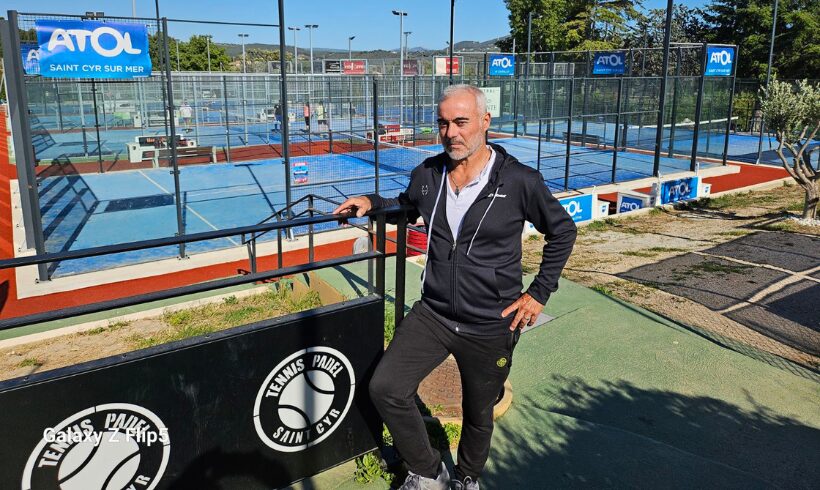 Alain Idier: “Adding tracks of padel, without sacrificing tennis”
Alain Idier: “Adding tracks of padel, without sacrificing tennis”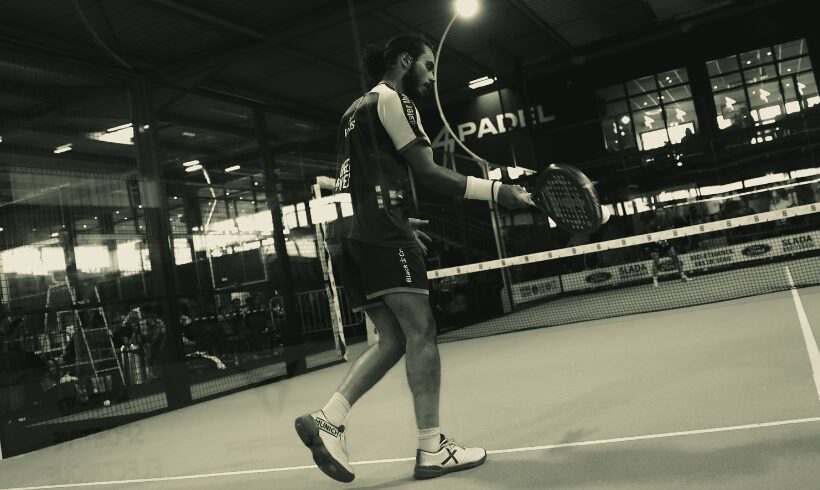 Manuel Vives: “It’s extremely difficult to get by financially”
Manuel Vives: “It’s extremely difficult to get by financially”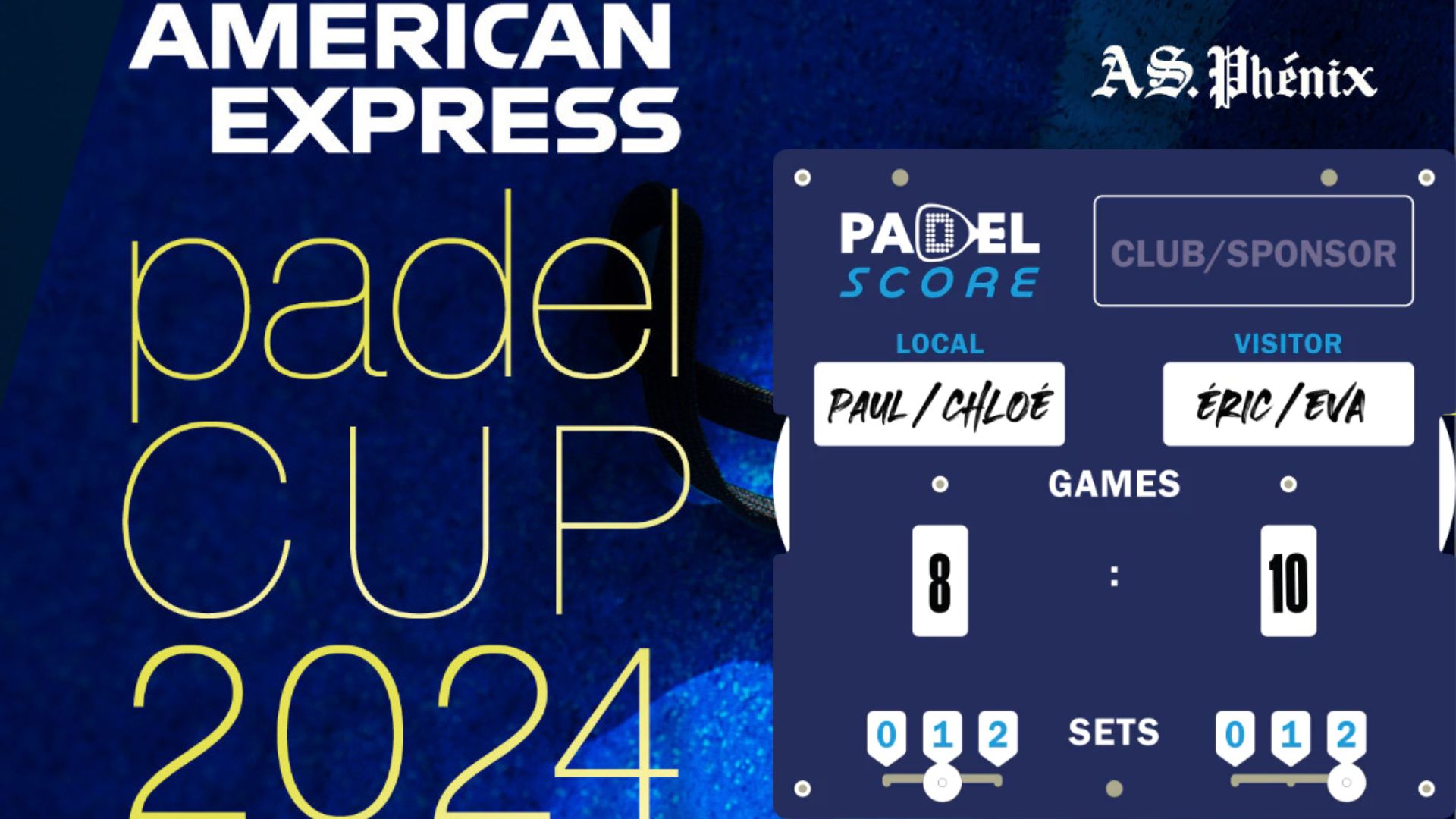 Padel Score comes to Tahiti for American Express Padel Cup!
Padel Score comes to Tahiti for American Express Padel Cup! Mind Padel Lyon and the Auvergne Rhône-Alpes League innovate with team tournaments
Mind Padel Lyon and the Auvergne Rhône-Alpes League innovate with team tournaments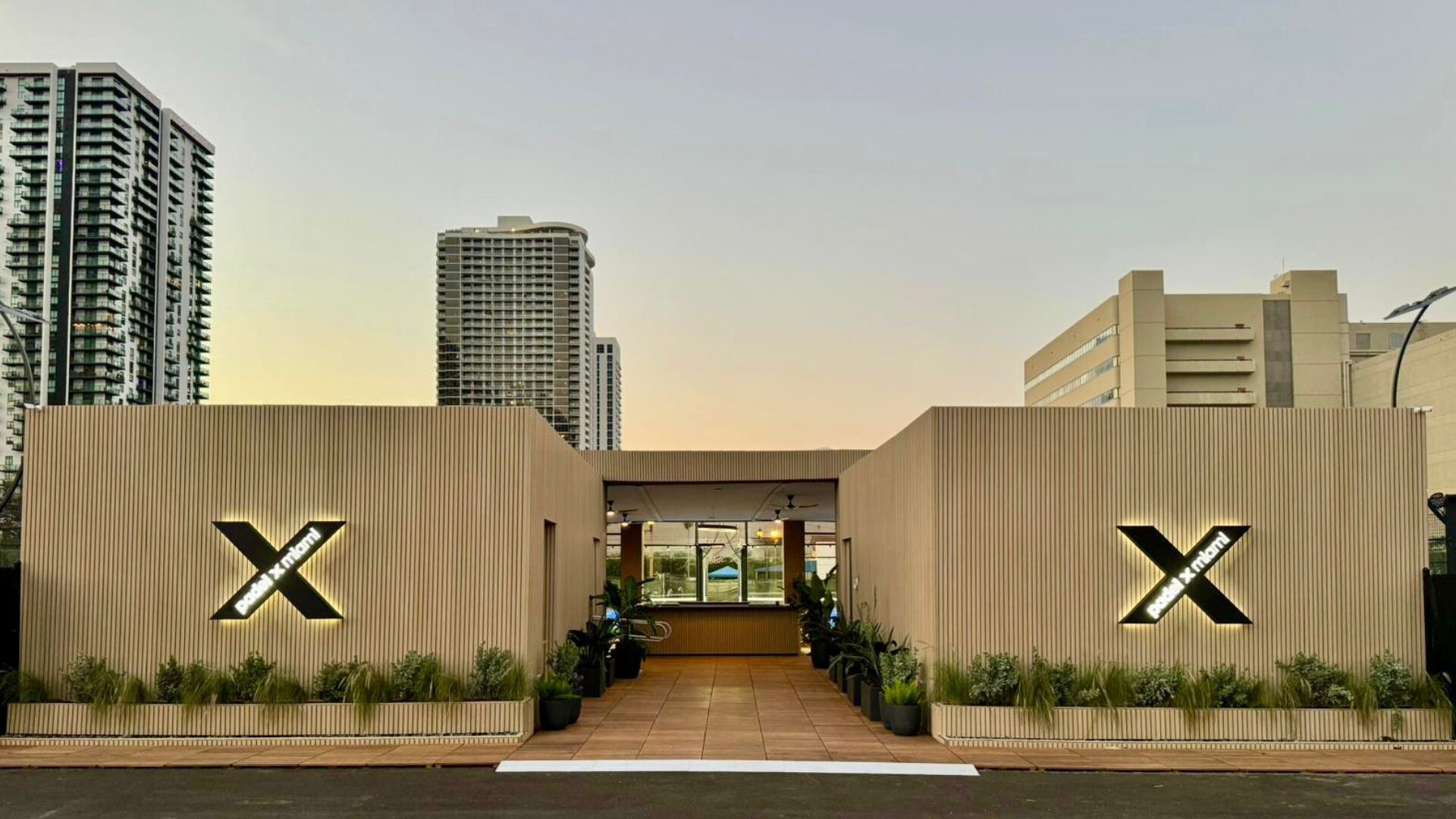 Nallé Grinda: “Democratize the padel in the USA with PadelX "
Nallé Grinda: “Democratize the padel in the USA with PadelX " It’s off to a bad start for Pincho Fernandez and Javier Barahona…
It’s off to a bad start for Pincho Fernandez and Javier Barahona…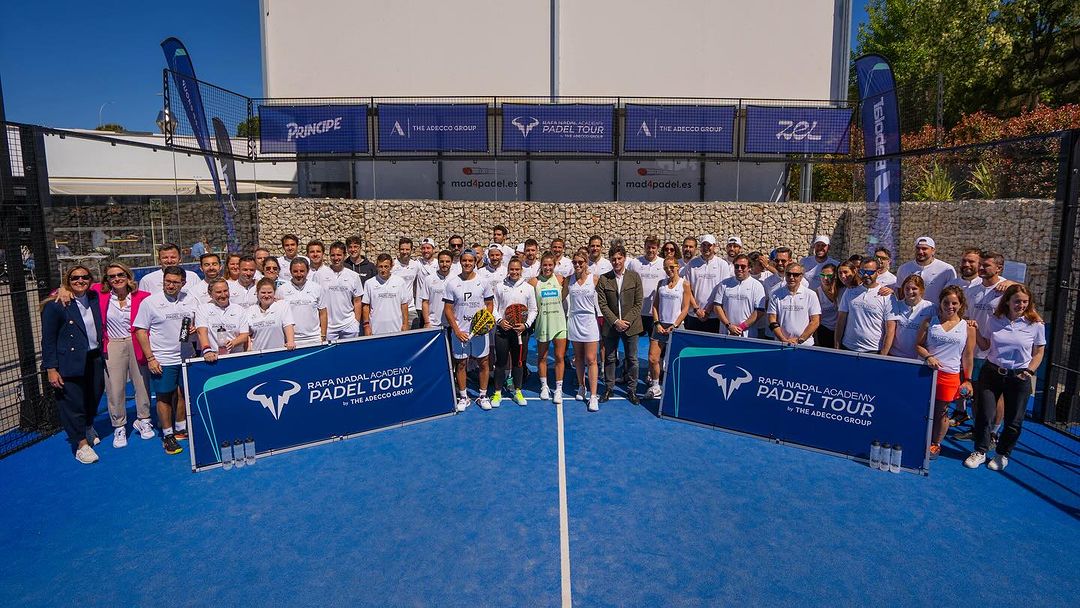 Do you know the Rafa Nadal Academy Tour?
Do you know the Rafa Nadal Academy Tour?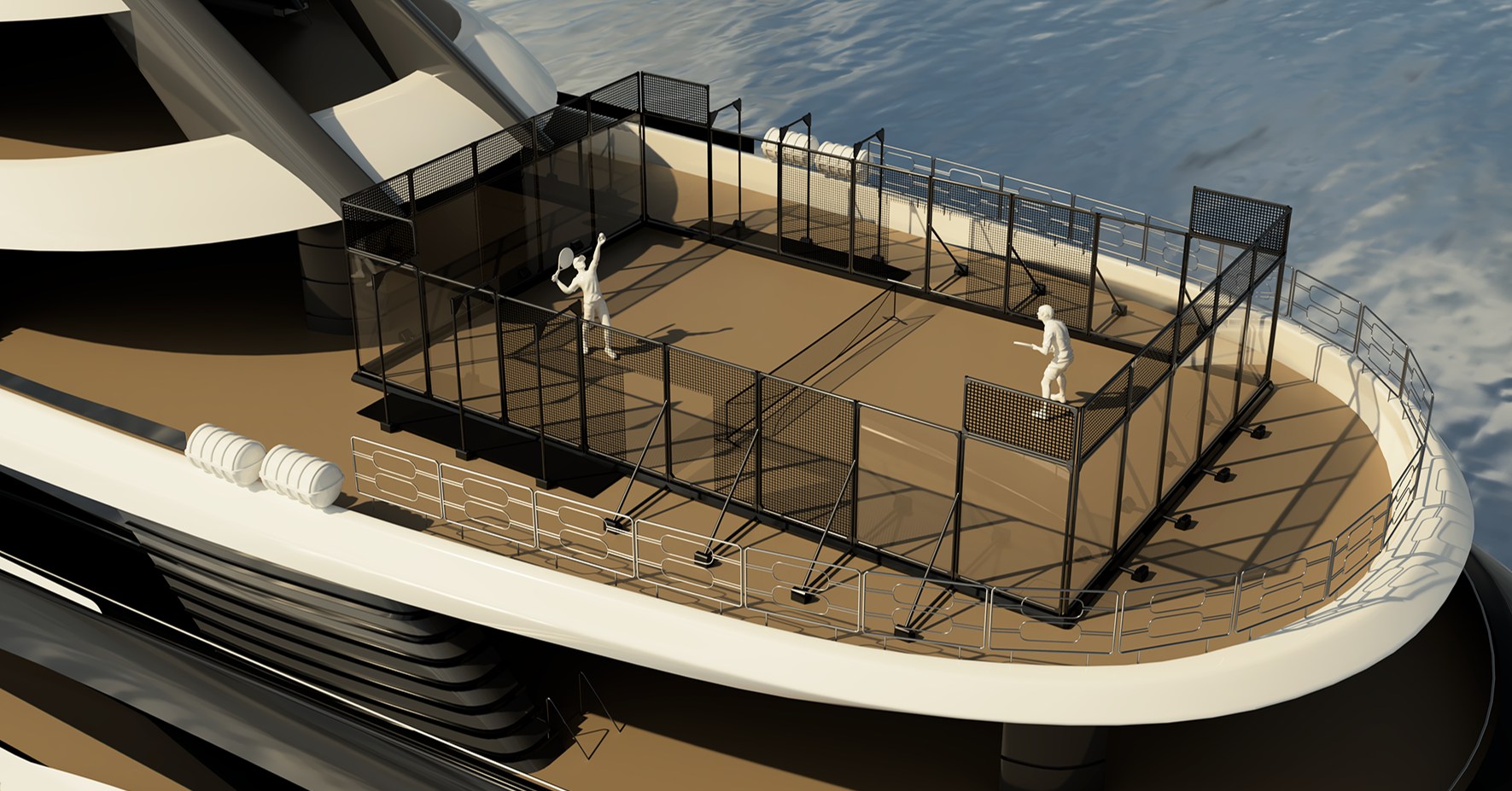 Play at padel on his yacht? Possible for €233.000!
Play at padel on his yacht? Possible for €233.000! Our Top 10 training courses padel in France and Europe
Our Top 10 training courses padel in France and Europe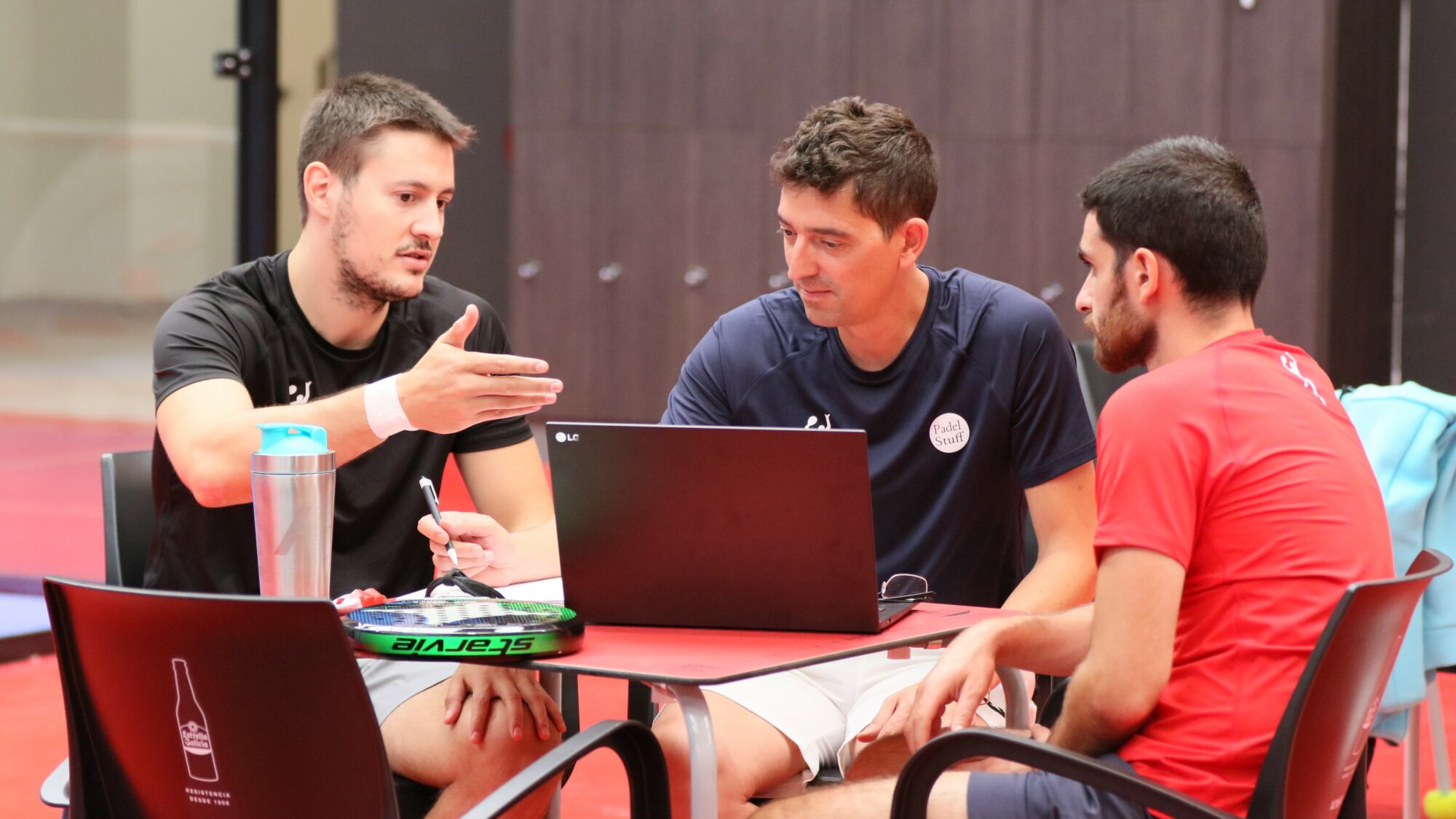 At the heart of padel – Episode 25: Paul and Andoni answer your questions
At the heart of padel – Episode 25: Paul and Andoni answer your questions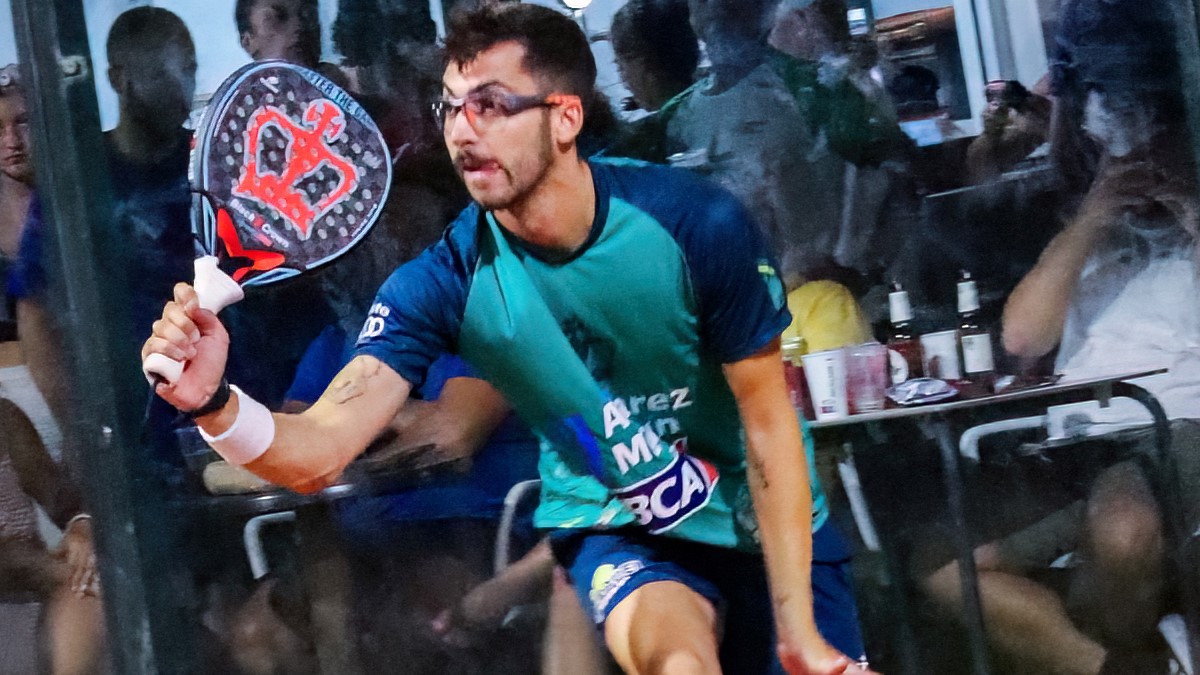 Tactical padel – What to do when faced with players who systematically stay at the bottom?
Tactical padel – What to do when faced with players who systematically stay at the bottom?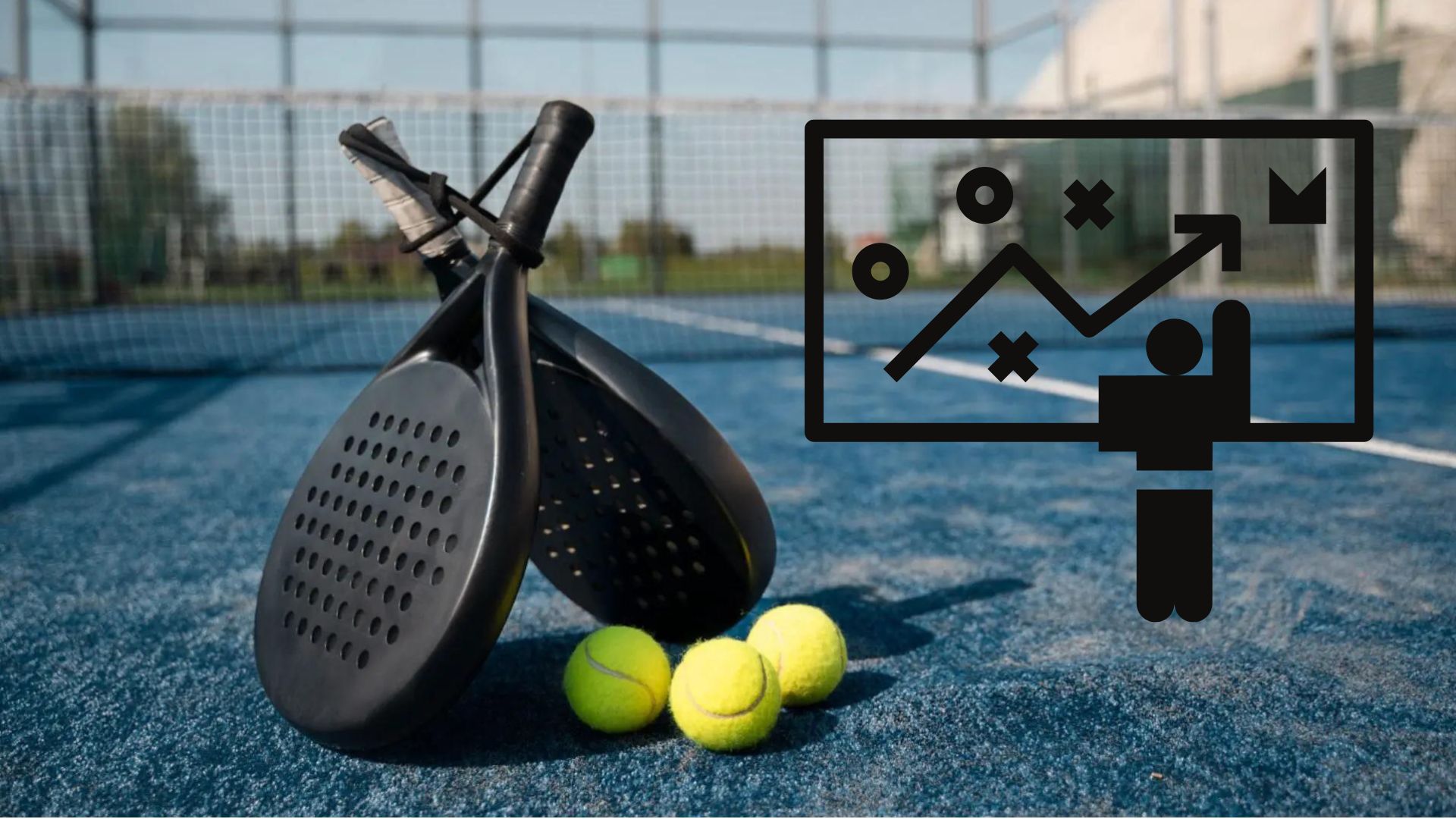 The basic tactics of padel
The basic tactics of padel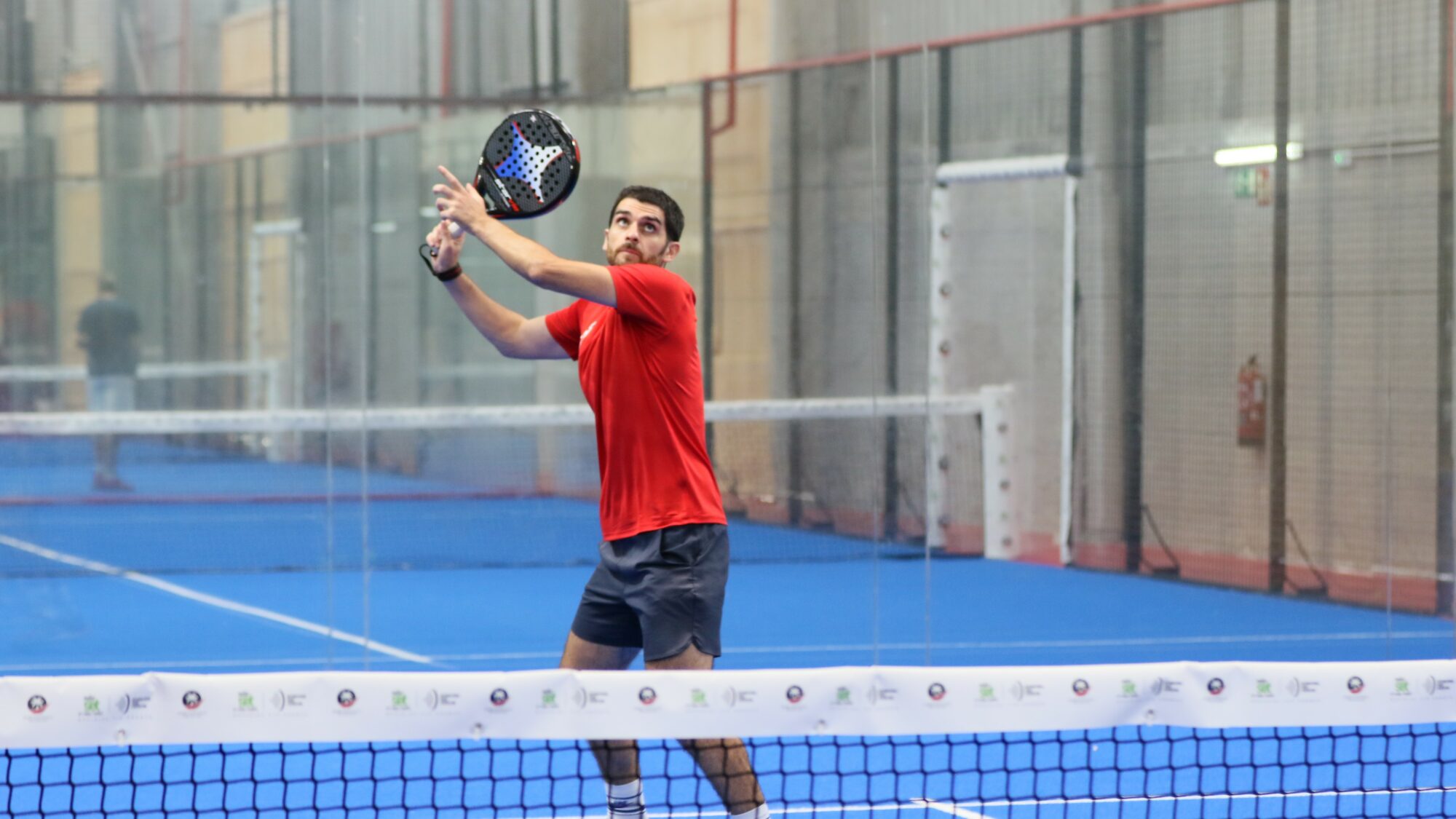 At the heart of padel – Episode 25: Paul and Andoni answer your questions
At the heart of padel – Episode 25: Paul and Andoni answer your questions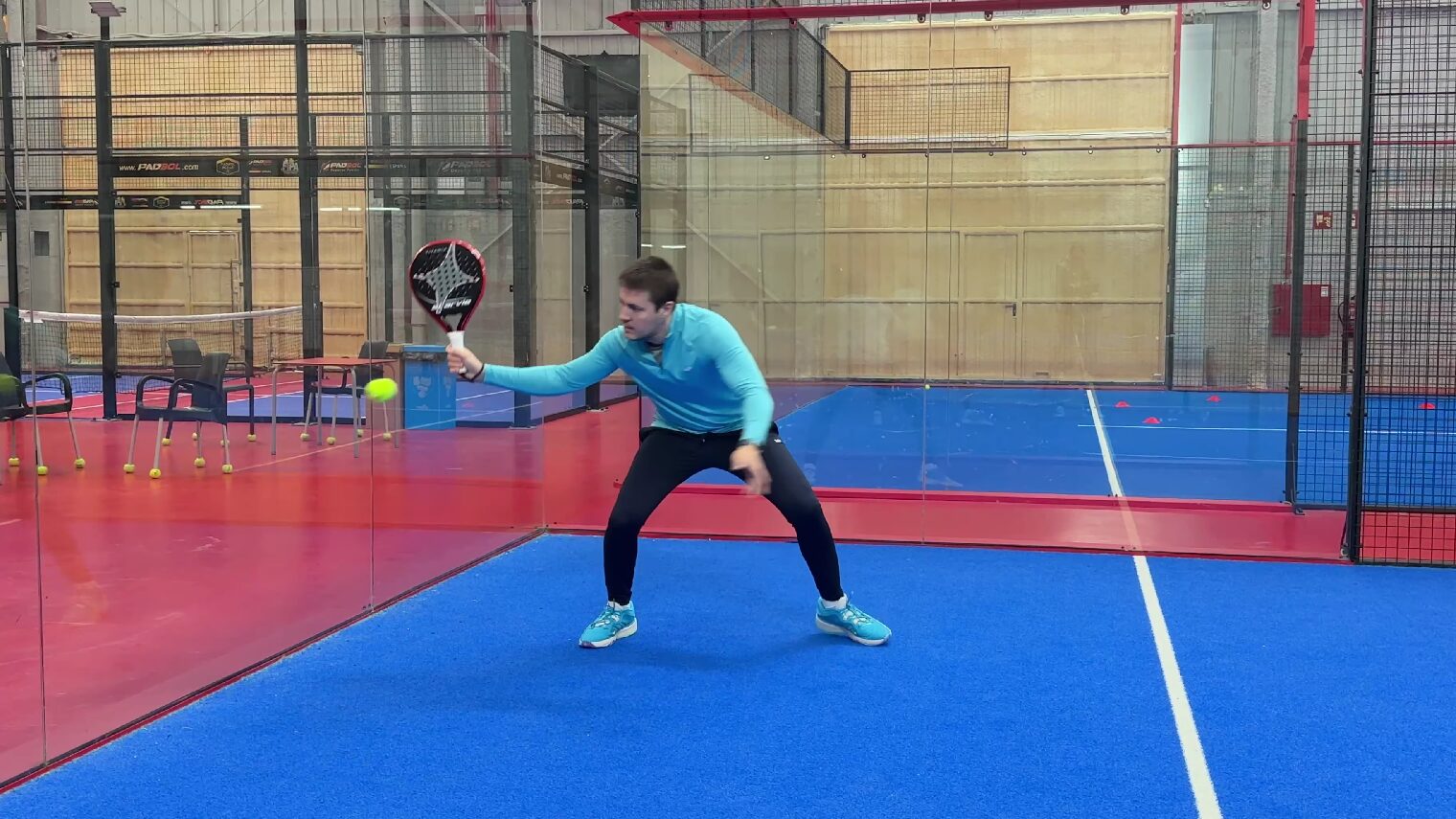 At the heart of padel – Episode 23: defend the window well
At the heart of padel – Episode 23: defend the window well Prohibition on playing topless Padel : the reasons
Prohibition on playing topless Padel : the reasons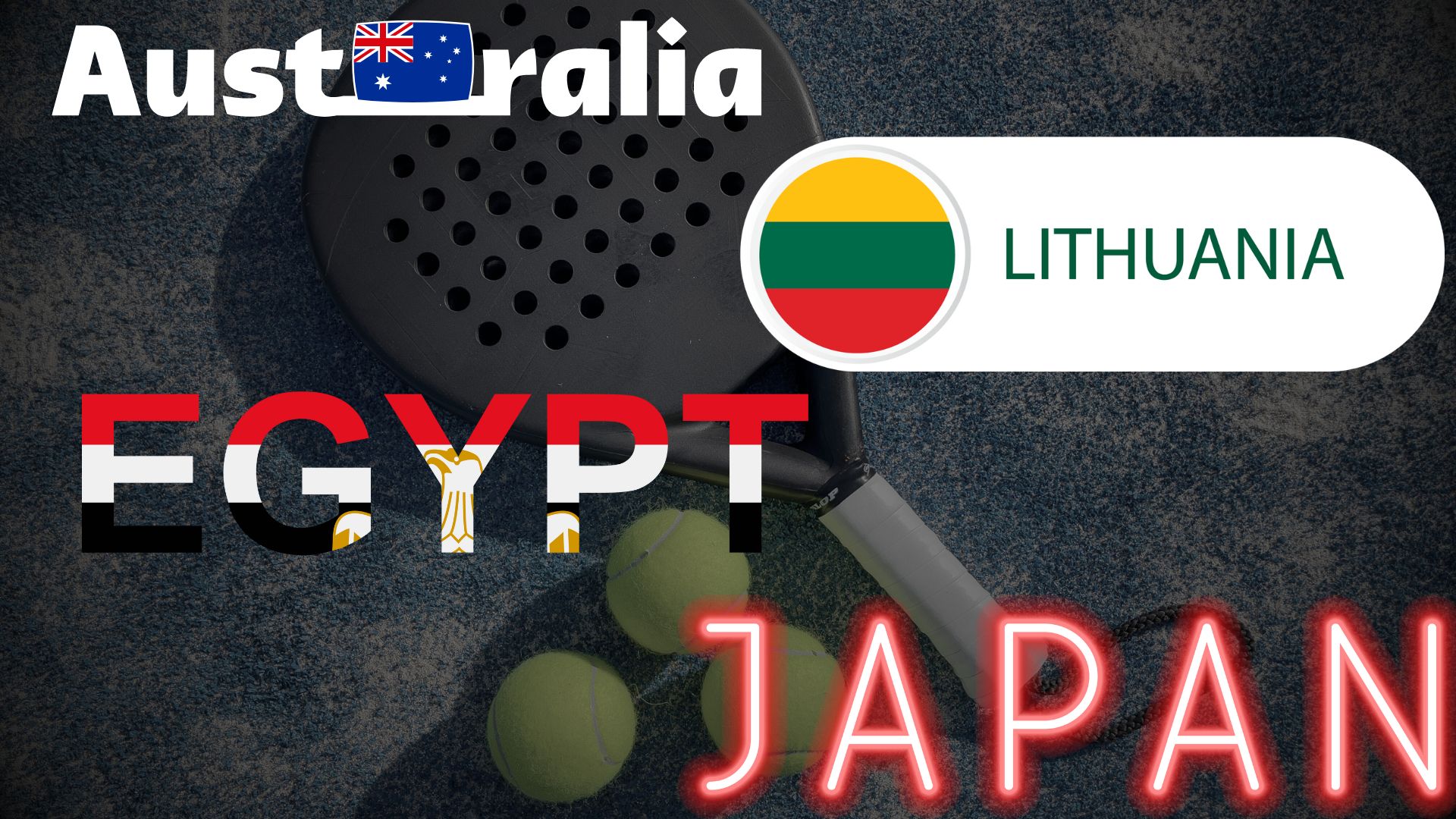 FIP Tour – Going far from Europe, THE strategy to earn points!
FIP Tour – Going far from Europe, THE strategy to earn points!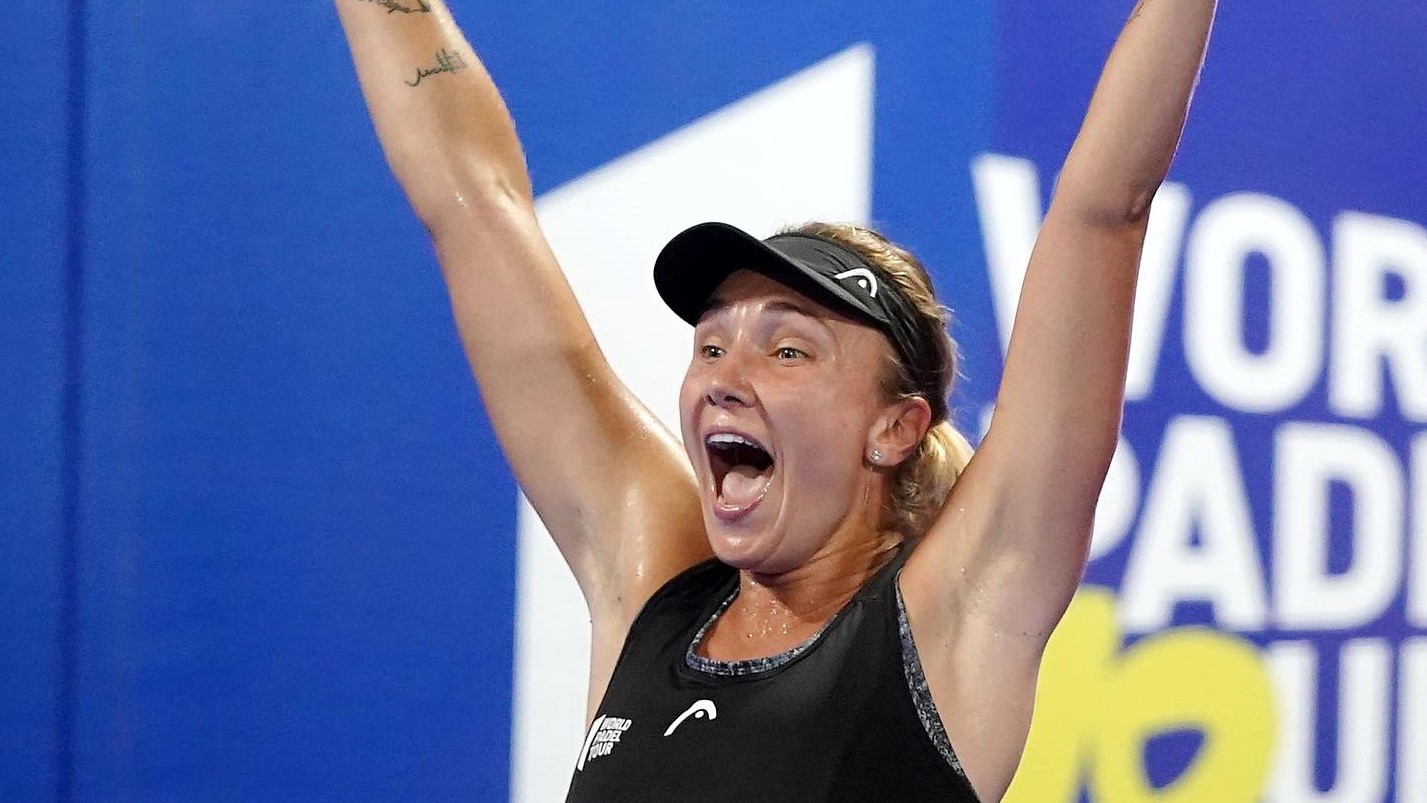 What is a good football player? padel ?
What is a good football player? padel ?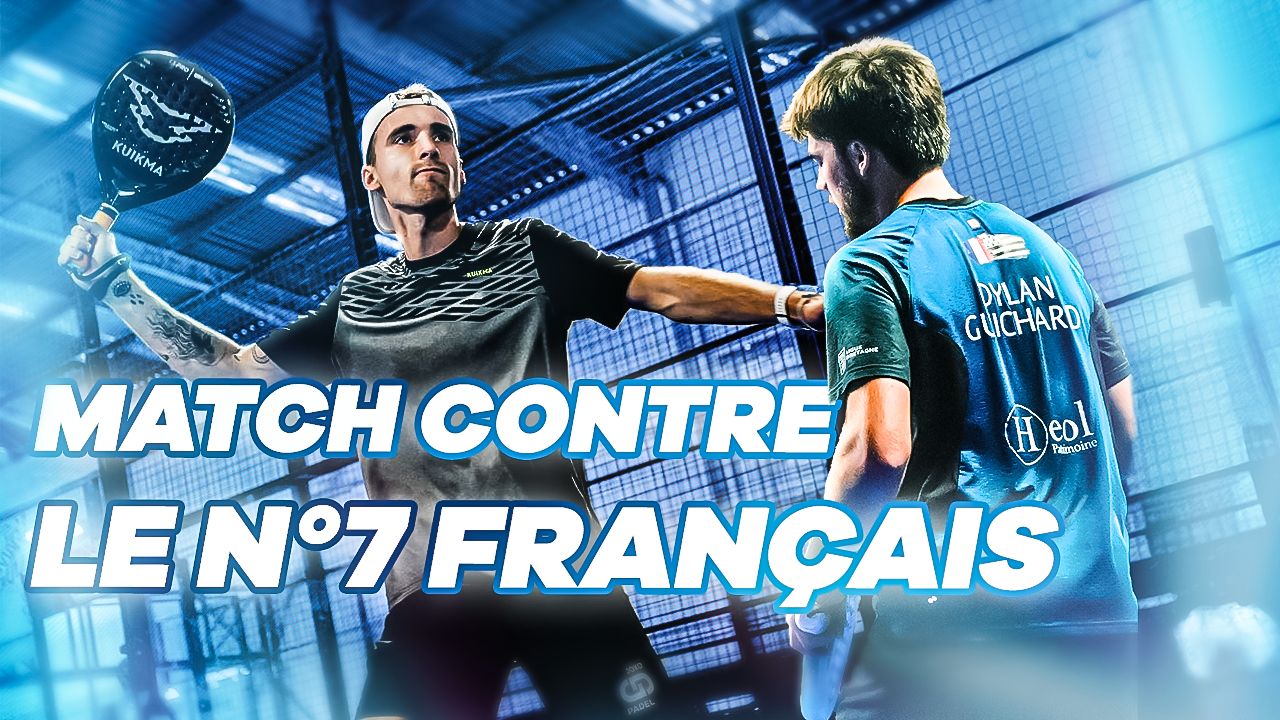 “Lefties give me headaches when I play against them!”
“Lefties give me headaches when I play against them!”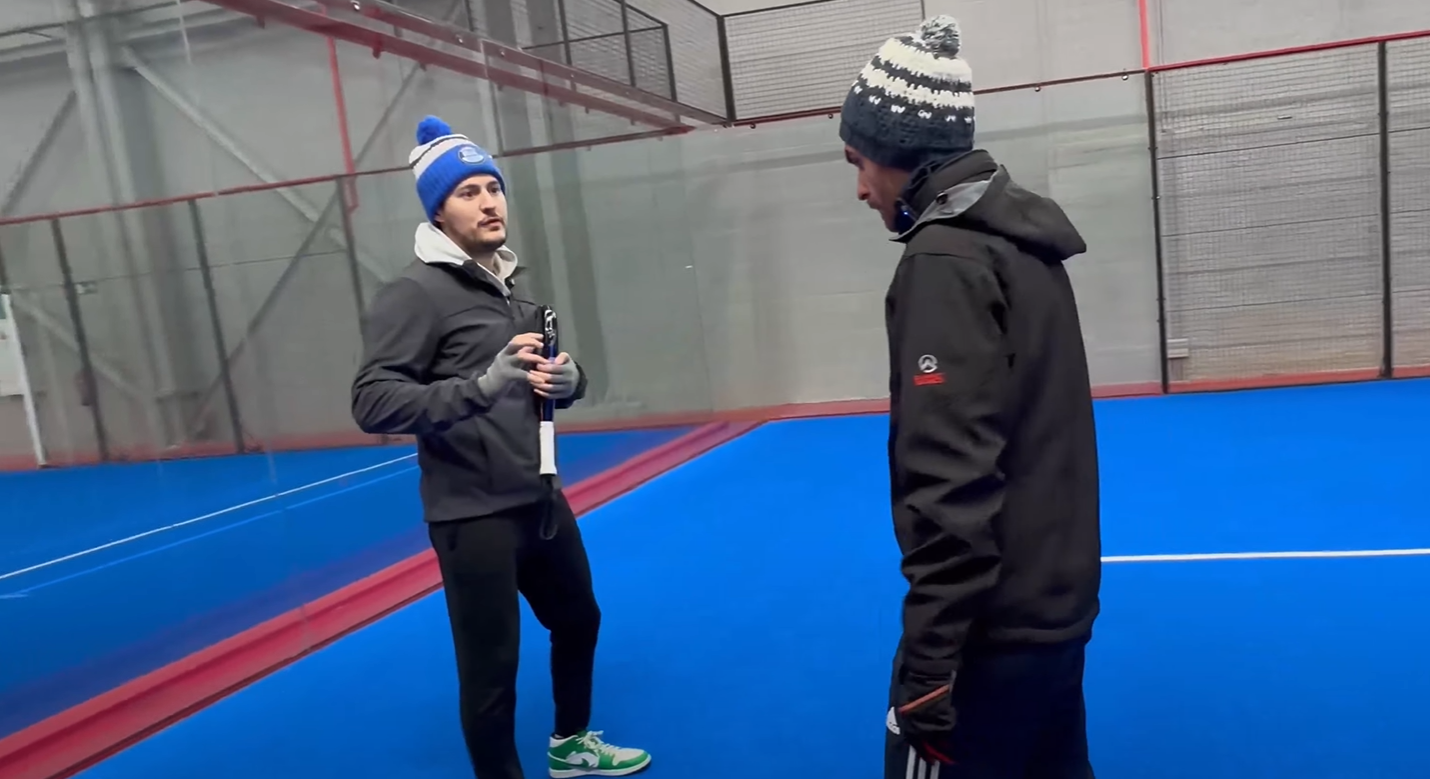 At the heart of padel – Episode 14: how to earn points in winter?
At the heart of padel – Episode 14: how to earn points in winter?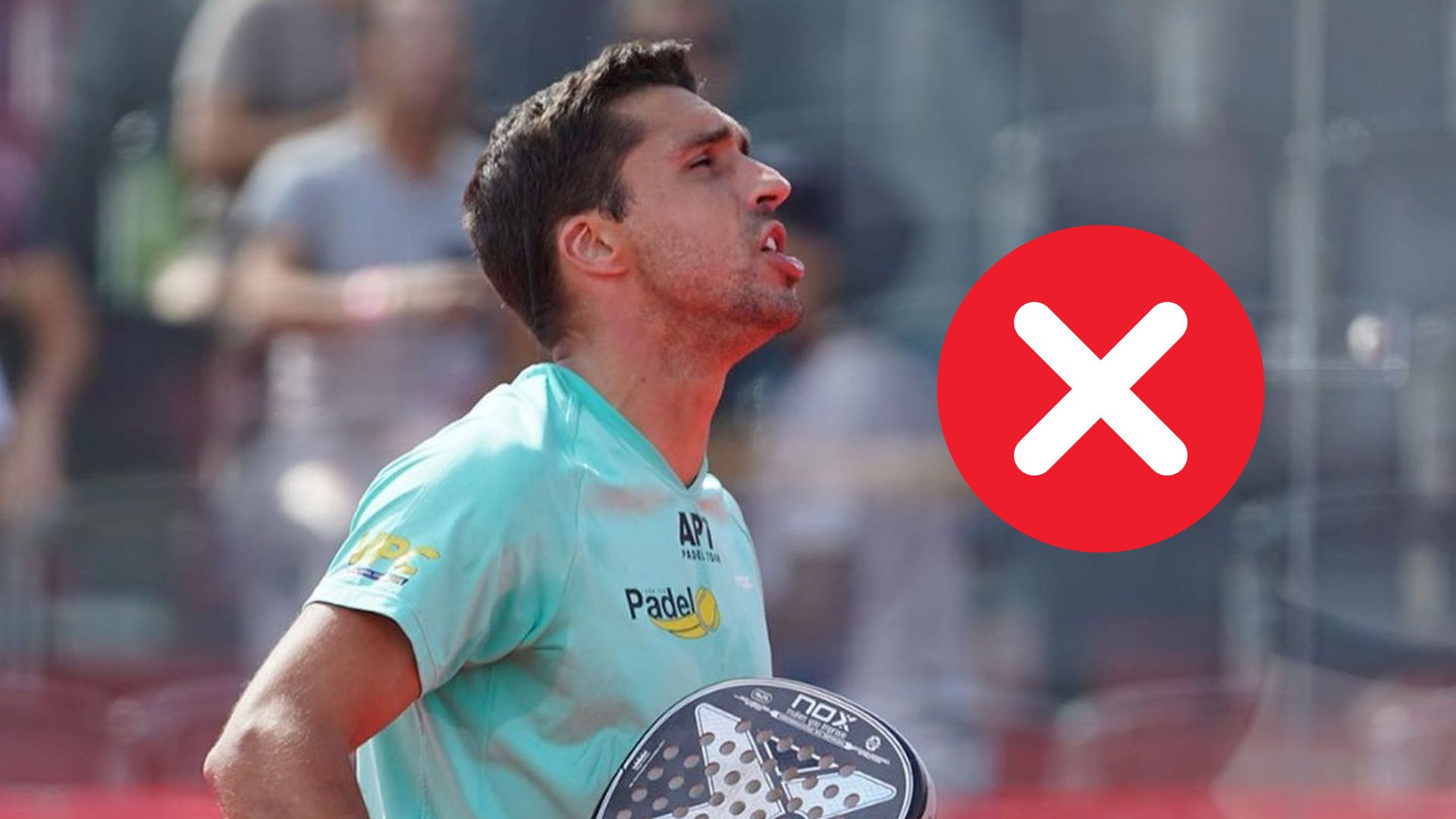 A par 4 is always a winner...even if you manage to defend it!
A par 4 is always a winner...even if you manage to defend it!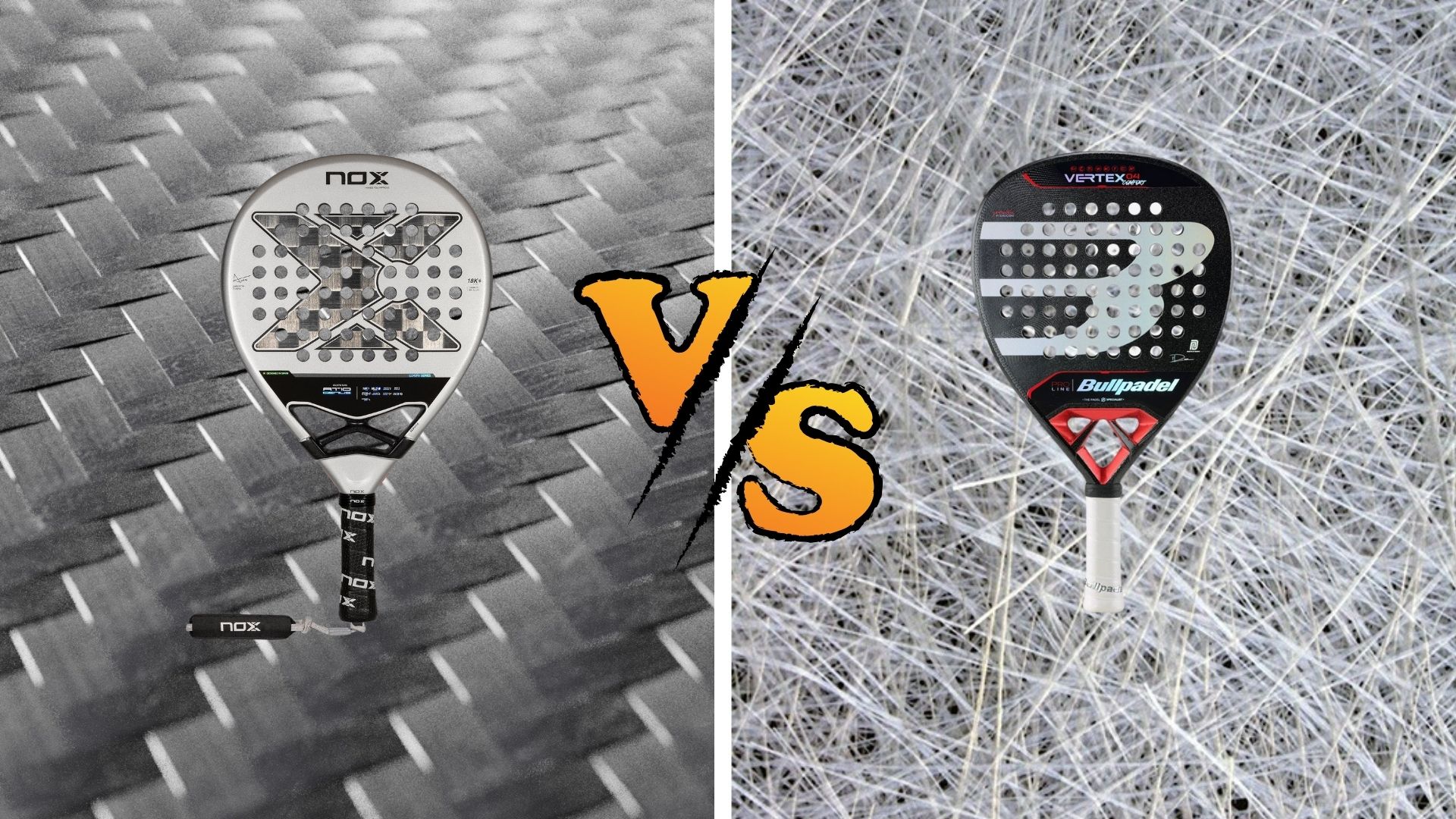 Carbon fiber VS fiberglass: what to choose?
Carbon fiber VS fiberglass: what to choose?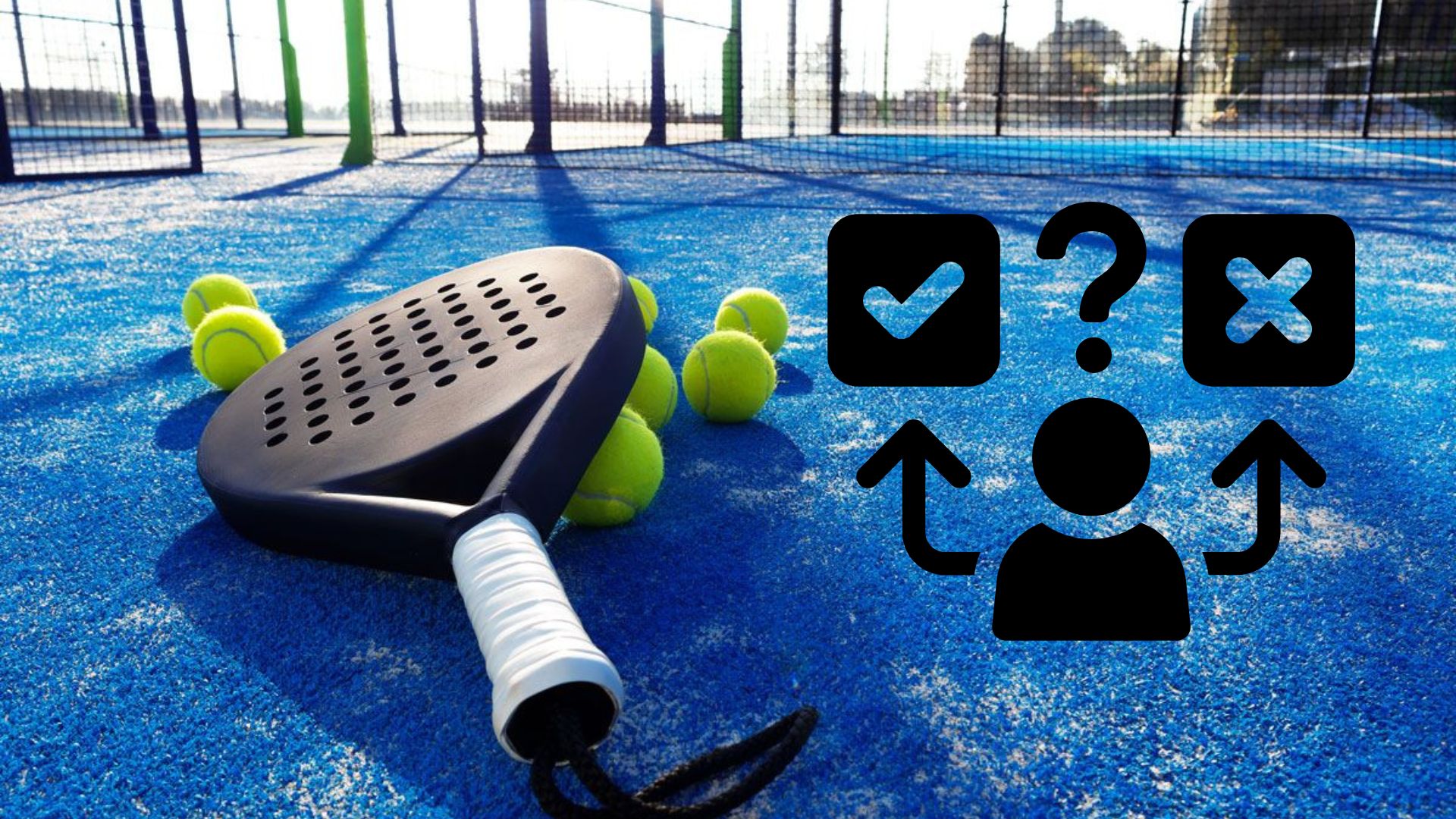 How to effectively test a racket padel ?
How to effectively test a racket padel ?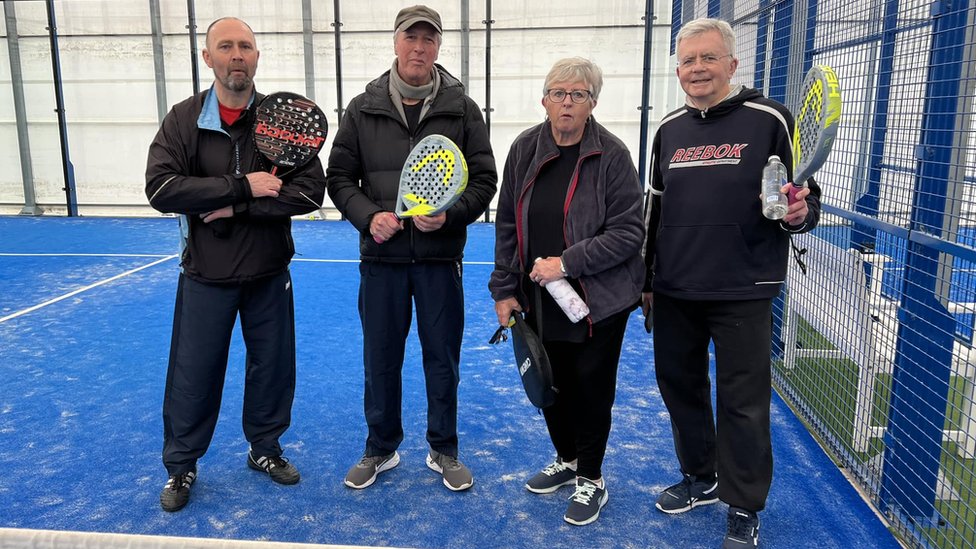 La padel to fight Parkinson's disease
La padel to fight Parkinson's disease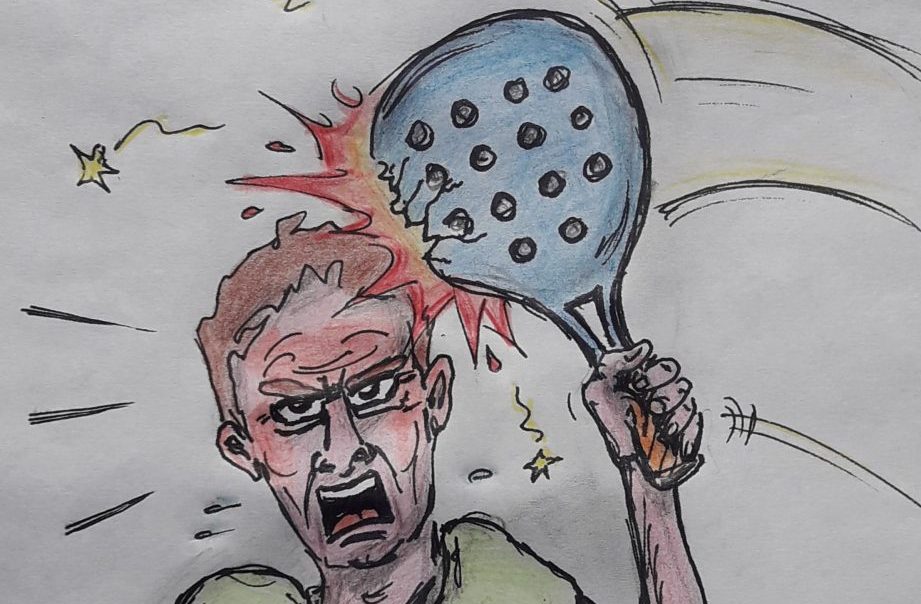 Don't play with a cracked or broken racket, your body will thank you!
Don't play with a cracked or broken racket, your body will thank you! Michel Cymes: “The padel, physically, it’s serious!”
Michel Cymes: “The padel, physically, it’s serious!”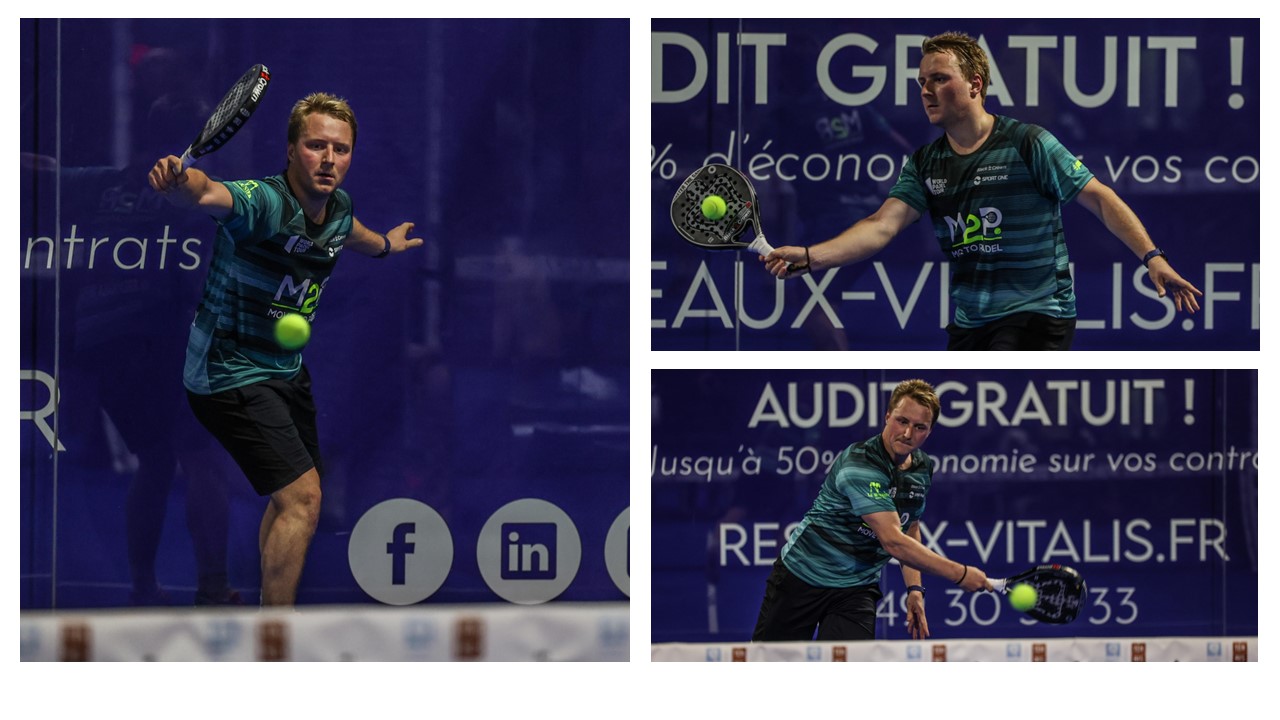 Jeremy Gala: “Promote the padel among young people in Belgium remains a challenge”
Jeremy Gala: “Promote the padel among young people in Belgium remains a challenge” The French Touch Academy organizes its selection day Padel-Study
The French Touch Academy organizes its selection day Padel-Study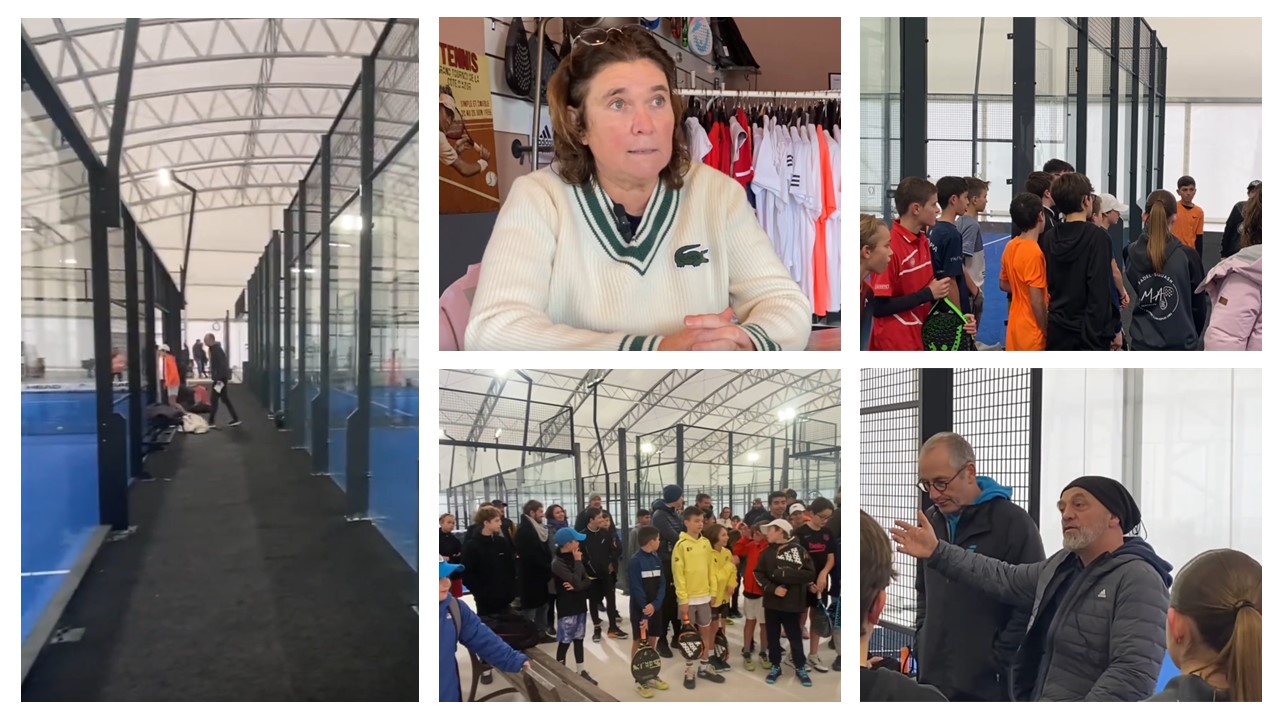 Report on the detection and training of younger generations
Report on the detection and training of younger generations